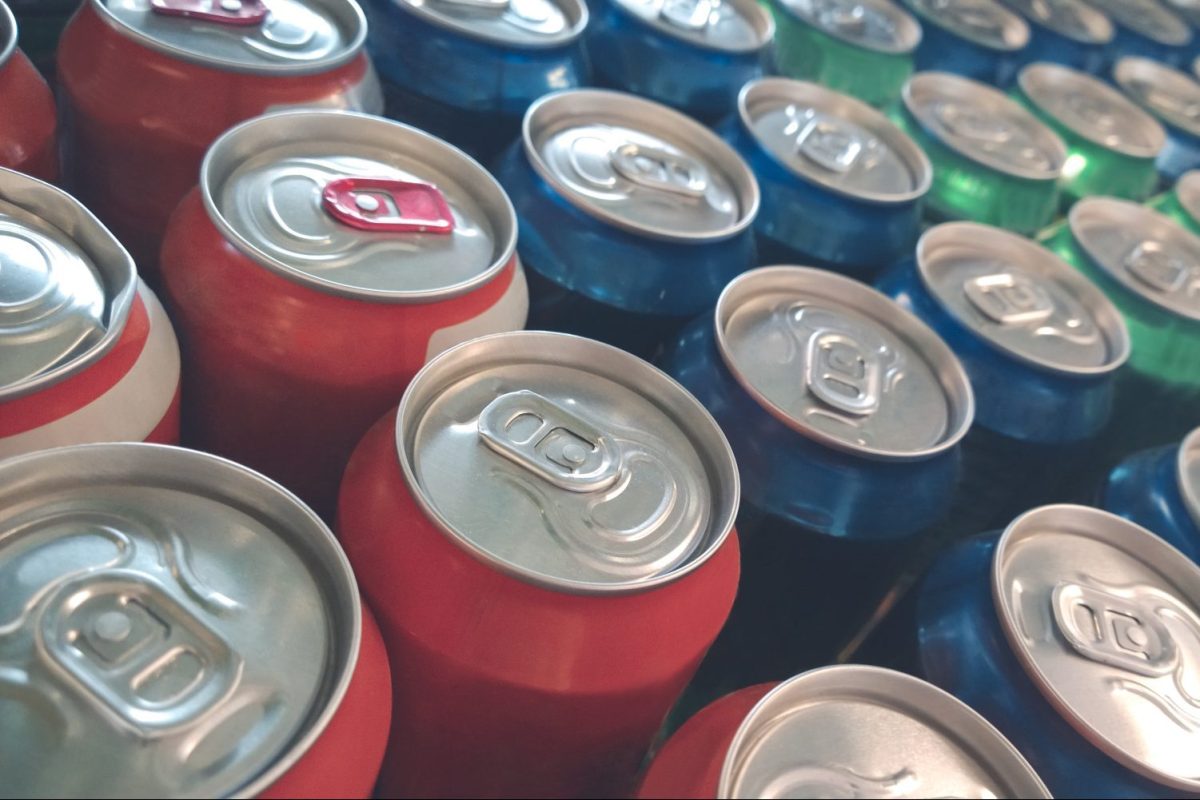The Alcohol Beverages Advertising Code (ABAC) has seen an increase in complaints and decisions in the last quarter, compared to the same time in 2022.
In the first quarter of 2023, ABAC considered 57 complaints, reaching a determination on 23. Of these, nine were upheld and 14 were dismissed. The first quarter of 2023 also saw a high level of pre-vetting activity, with 857 ‘pre-vets’ of marketing materials recorded in the period. ABAC stated that this “continued the upward trend seen over the previous six years.”
Alongside ABAC’s Q1 report, Harry Jenkins AO, the organisation’s Chair, took the opportunity to remind marketers of permitted language and packaging.
“Alcohol marketers need to continue to be aware that references to excess consumption of alcohol are not permitted and will not be saved by the use of humour,” Jenkins said.
“Likewise suggestions of alcohol causing or contributing to health benefits or sexual success cannot be used.”
In particular, Jenkins highlighted decisions regarding certain packaging and promotions that might appeal to children as examples of non-permitted marketing.
“Several determinations this quarter examined ranges of packaging against the important standard that prevents alcohol marketing from having strong or evident appeal to minors,” Jenkins said.
“The determinations provide helpful guidance to alcohol companies when developing packaging, and are a reminder to companies to take care when using confectionery and soft drink themes that hold nostalgia for adults to ensure those themes do not continue to hold strong appeal to minors currently.”
Jenkins also reminded brands that other marketing collateral and other licensed products are also subject to the code.
“A decision about alcohol brand promotion via a licensed T-shirt, also breached this ABAC standard, using themes that are strongly relatable and appealing to minors,” Jenkins added.
ABAC Annual report
ABAC also released its 2022 Year in Review, providing a snapshot of the organisation’s activities, developments and progress. In total, the organisation received 3397 requests to pre-vet marketing materials, a slight increase on 2021. It also considered 126 complaints, resulting in 63 determinations, a decrease on the year before. Twenty-eight of these determinations were upheld.
During 2022, ABAC introduced proactive compliance monitoring, which undertook tasks such as checking the age restrictions on social media platforms.
“Independent proactive compliance monitoring conducted by JWS Research was an important new measure commissioned by ABAC for the first time in 2022,” Jenkins explains.
“The findings prompted a range of actions, including strengthened educational resources for industry to complement the ABAC Pre-vetting Service which pro-actively checks alcohol marketing for ABAC compliance before it reaches the market.
“After reaching the market, a second process, the independent ABAC Adjudication Panel, reviews and adjudicates on any complaints received from the public about alcohol marketing.”
Read more about the JWS Research insights and monitoring here.
There was 100 per cent compliance after 2022’s 28 complaints, and Jenkins said he was heartened by the actions taken by companies after Code determinations.
“I am encouraged that all breaches arising from complaints received in 2022 resulted in the voluntary removal, discontinuation or a commitment to modify the material.
“This combination of effective proactive and reactive measures ensures a strong regulatory system,” he concluded.

